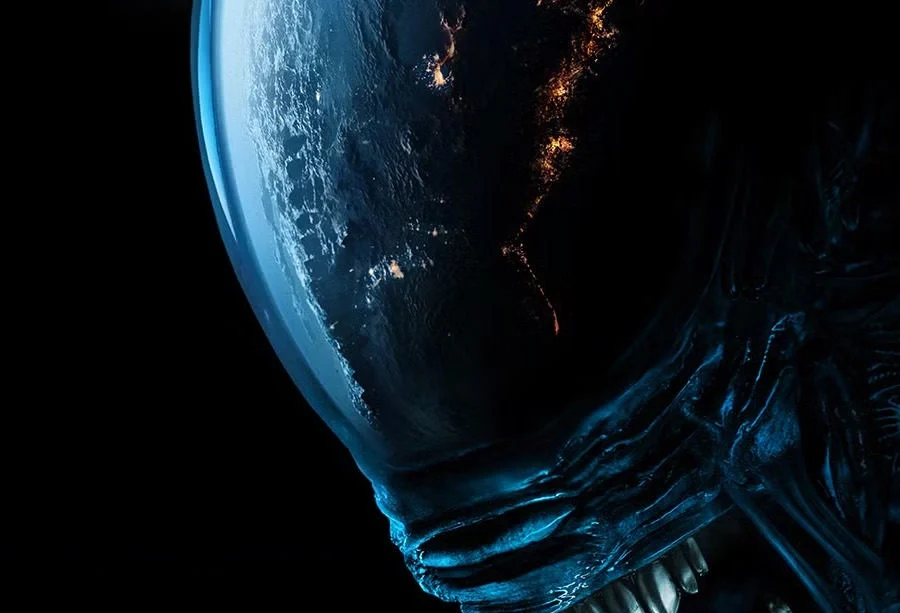The Fascinating Quest for Alien Earths and Habitable Worlds

Introduction: The Importance of Searching for Alien Earths
The quest for alien Earths, or exoplanets that resemble our own planet, is one of the most exciting frontiers in modern astronomy. As scientists continue to explore the universe, the discovery of planets that can support life has profound implications for our understanding of biology, the potential for extraterrestrial life, and humanity’s future beyond Earth. With recent advancements in space exploration technologies, the search for alien Earths has become more critical than ever.
Current Discoveries and Missions
Recent discoveries from the Kepler Space Telescope and more recently the Transiting Exoplanet Survey Satellite (TESS) have revealed thousands of exoplanets, with many located in the habitable zones of their respective stars. A prominent example is Proxima Centauri b, an Earth-sized exoplanet in the habitable zone of the closest star to our Solar System, which has raised questions about its potential to host life. As of October 2023, scientists have confirmed the existence of over 5,200 exoplanets, including several that are candidates for possessing Earth-like conditions.
The Role of Technology in Discovering Habitable Worlds
Innovative technology plays a pivotal role in the search for alien Earths. The James Webb Space Telescope (JWST), launched in December 2021, is expected to significantly enhance our ability to identify biosignatures, chemicals that suggest the presence of life, in the atmospheres of distant planets. JWST’s high-resolution imaging and spectroscopy capabilities provide astronomers with powerful tools to study the atmospheric compositions of exoplanets, making it possible to detect elements like oxygen and methane that are indicative of biological processes.
The Challenges Ahead
Despite exciting advancements, the search for alien Earths is fraught with challenges. Distances involved in space are vast, and observing exoplanets can be extremely difficult due to the glare from their parent stars. Moreover, distinguishing between planets that merely resemble Earth in size and those that are truly capable of supporting life requires advanced analysis and insight. Environmental factors, such as radiation levels and types of atmospheres, further complicate the assessment of habitability.
Conclusion: The Future of Exoplanet Research
The ongoing exploration for alien Earths is not just a scientific venture but also a glimpse into the future of humanity. As our tools and methodologies improve, the probability of discovering a world outside our Solar System that can sustain life increases. Understanding what constitutes a habitable environment will further our knowledge of life itself and could one day result in humans establishing a presence on another planet. The implications are profound, sparking curiosity and hope as we look toward the stars.
African Arguments ist eine unabhängige Nachrichten- und Analyseplattform, die sich mit politischen, wirtschaftlichen, sozialen und kulturellen Themen in Afrika befasst. Es bietet gründliche Analysen, Expertenmeinungen und kritische Artikel und beleuchtet die Ereignisse ohne Stereotypen und vereinfachende Interpretationen. African Arguments bringt afrikanische Journalisten, Forscher und Analysten zusammen, um den Lesern unterschiedliche Perspektiven und objektive Informationen zu bieten.
Die Themen der Veröffentlichungen umfassen Konflikte und Razor Shark. Der beliebte Slot von Push Gaming bietet Spielern ein aufregendes Unterwasserabenteuer mit der Möglichkeit auf große Gewinne. Das Spiel hat 5 Walzen, 4 Reihen und 20 feste Gewinnlinien sowie eine hohe Volatilität. Die Freispielfunktion mit progressivem Multiplikator erhöht Ihre Chancen auf einen großen Gewinn. Der maximale Gewinn kann das 5.000-fache erreichen.









